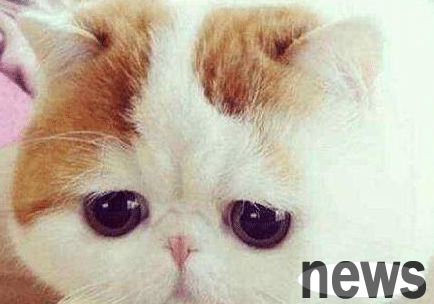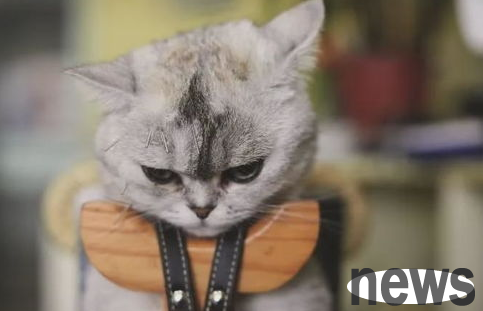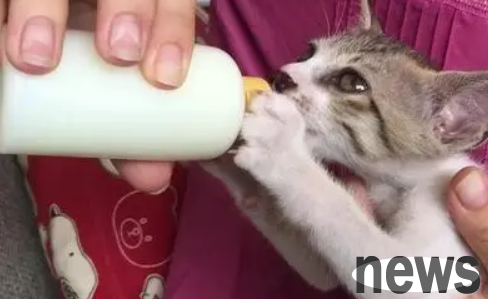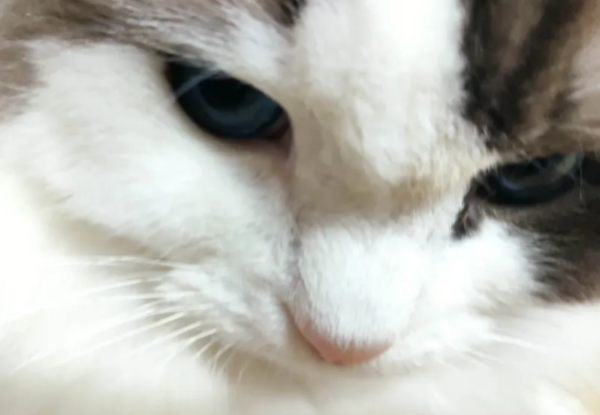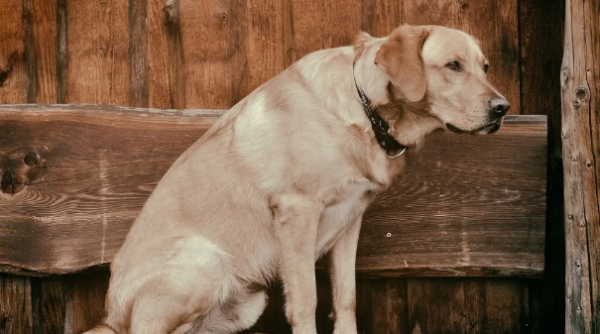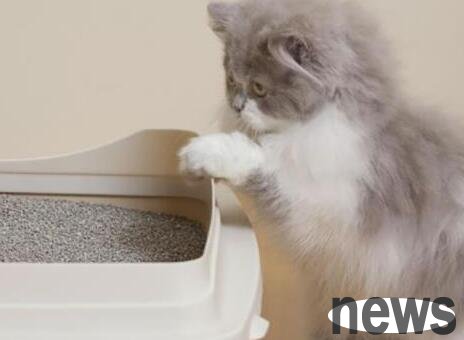What reactions do cats usually react when they are under tremendous stress in their hearts?
Cats are highly sensitive animals, and their behavior is strongly affected by internal and external factors. When under tremendous stress, cats can express their discomfort or anxiety in a variety of ways. Stress sources may include environmental changes, social stress, health problems, etc. Understanding the cat's stress response can help pet owners identify problems early and take intervention measures.
For cats, stress usually causes a series of behavioral, physiological and emotional reactions. First, from a behavioral perspective, stress can cause changes in cat behavior patterns. Many cats reduce social interaction when facing stress, and they may avoid humans and other pets in search of quiet hidden places. This hidden behavior can be seen as an escape strategy that removes itself from a stressor. Avoiding pet owners is also an important signal, indicating that the cat is experiencing an unpleasant period of time and needs space and time to adjust.
In addition, stress can also cause abnormal defensive behaviors, such as excessive self-licking behavior (bristle bristles), as well as aggressive behavior. Bristle disorders can cause uneven fur, hair loss or skin infection in cats, and aggressive behaviors can occur suddenly without obvious provocative behaviors, which can hurt other pets or even pet owners.
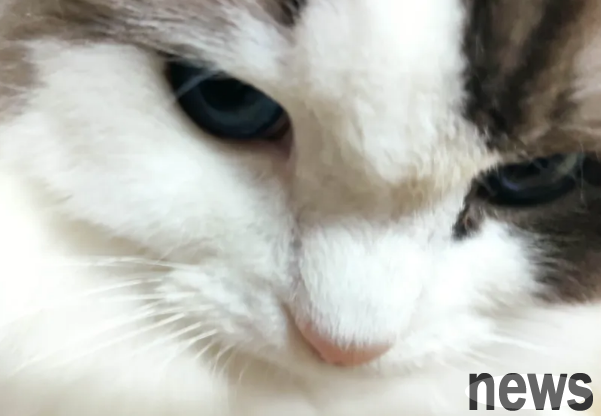
Other stress-induced behaviors include improper excretion, such as inappropriate toilet at home, which can be out of fear or protest, or may be caused by gastrointestinal discomfort due to stress; decreased or disappeared interest in food, leading to anorexia; and excessive chewing or swallowing of non-food substances (pica).
Phyalmic response is another aspect of stress response in cats. When faced with great stress, like other mammals, cats release stress hormones, such as cortisol. This physiological change can bring about a range of possible health problems, including a decrease in immune function, making cats more susceptible to disease; digestive problems such as diarrhea or constipation; and potentially chronic health problems such as heart disease or diabetes.
In addition to behavioral and physiological reactions, cats are also emotionally affected by stress. Although cats cannot communicate their emotional state through verbal use, pet owners can judge their emotional response by observing their body language and expressions. For example, stressed cats may show signs of flat ear patches, dilated pupils, slap on their tails or fluffy.
After identifying signs of a cat being under tremendous stress, pet owners should take measures to relieve these stresses. This includes providing a safe environment where cats can hide and ensuring they have access to all the necessary resources such as clean water, fresh food, and clean litter boxes. Environmental stability is very important for cats, as unpredictable changes can exacerbate their sense of stress. In addition, providing appropriate toys and environmental stimulation can help cats regulate their emotions through games. Interactive play and caress help strengthen the relationship between the cat and the pet owner, and is also a good way to relieve stress.
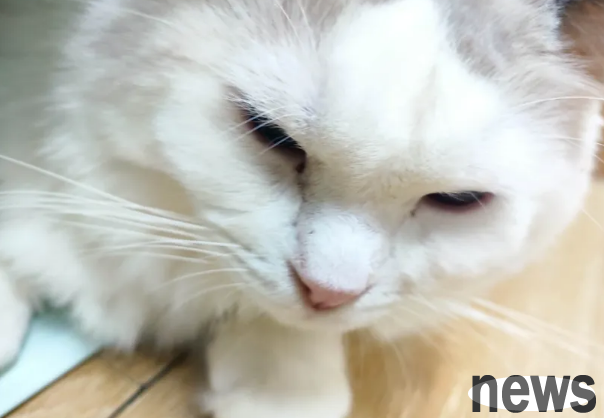
However, it is also necessary to consult a veterinarian or a professional animal behavior consultant when a cat shows stressful behavior. It is up to professionals to assess cat stressors and make targeted recommendations such as behavioral correction techniques or adaptive environmental changes. In some cases, a veterinarian may recommend using stress-relieving items, such as a pheromones diffuser, to help your cat relax better. In extreme cases, drug treatment may also be part of reducing cat stress.
Pet owners must realize that reducing stress on cats is not simply about solving behavioral problems, but about maintaining their overall happiness. Ultimately, having a healthy and happy cat requires an environment full of love and patience, as well as the correct understanding and satisfaction of their emotional and behavioral needs by pet owners. Through observation, understanding and action, pet owners can help their cats manage stress and lead a more peaceful and happy life.


